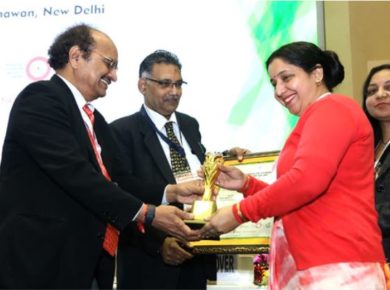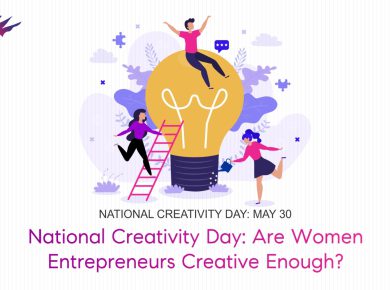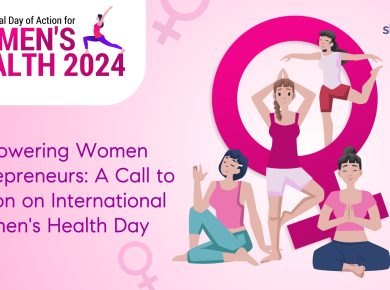According to the latest survey by the Reserve Bank of India (RBI) on the Indian startup sector, only 5.9% of startups had “only-female” founders, while as much as 55.5% of startups had “only male” founders. The study was conducted between November 2018 and April 2019, based on 1,246 responses received from startups.
India fared quite poorly on the recently released Mastercard Index of Women Entrepreneurs (MIWE) 2019, as well. The country ranked 52nd out of 58 countries on the list, further highlighting that out of 100 Indian business owners, only seven are women, even now.
While significant improvements have been made to promote female entrepreneurship in India, a number of factors including cultural and social biases have proven to be major challenges. There is still widespread resistance that working women face, whether in starting their own business or working in tech fields, which makes the disparity even more pronounced.
As a result, they also receive greatly limited access to financial privileges, and severe challenges in seeking funding. The survey showed that friends and family constituted the biggest source of funding for these startups, making up 42.9%, as opposed to angel investors, incubator funding, and venture capital firms, to name a few.
Yet another study by the MIWE says that only 5.7% of Indian women entrepreneurs consider borrowing money for business purposes, which highlights the obstacles even more clearly. It says, “Apart from the lack of government programs to support business startups, [Indian] women tend to have poor financial backing that prevents them from owning credit cards or having a bank account – conditions [restrict] them from engaging in large scale businesses or entrepreneurial activities that require large funding.”
As a result, women entrepreneurs in India have to deal with several prominent handicaps in order to achieve business success – financial disadvantage; infrastructural shortcomings; lack of effective government support programs; fewer opportunities for higher-level education; and cultural bias regarding their efficiency in STEM fields, owning businesses, and more.
To this end, the administrative and cultural changes necessary for the development of conditions that support women entrepreneurs, must come from the government in partnership with the overall startup industry. Not only will this help provide a boost to women owned enterprises, it will, in turn, also contribute to the national economy at a grassroots level, to create a more harmonious, diversified future.










